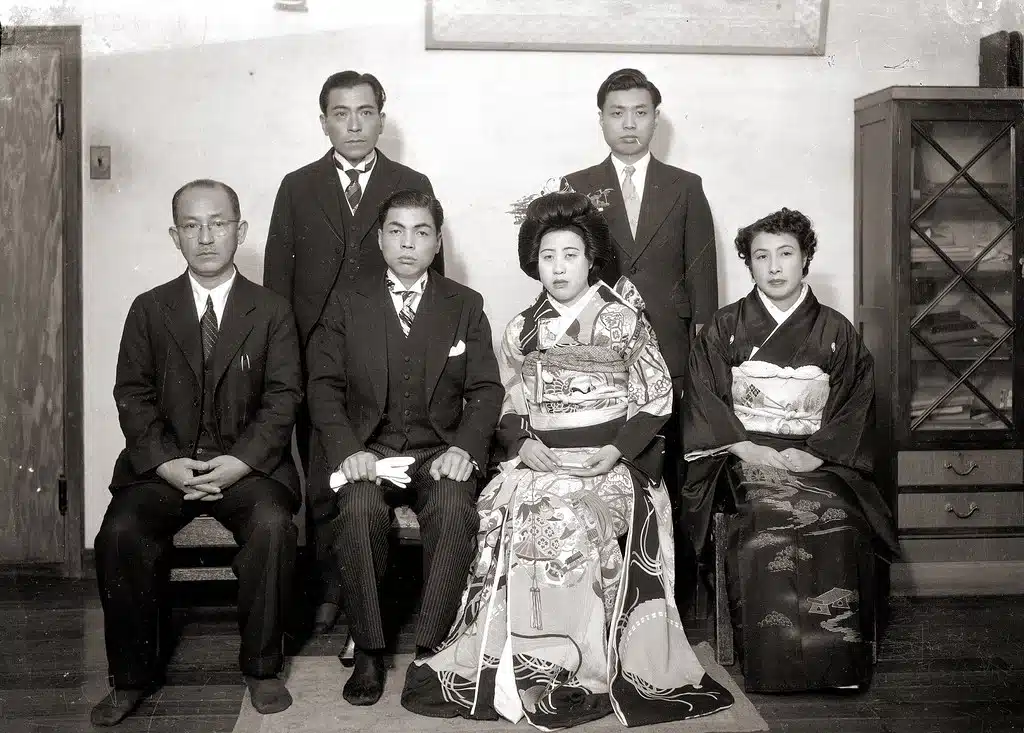Posted inQuestion about Japan
What is considered disrespectful in Japanese culture?
This article explores the concept of disrespect in Japanese culture, discussing examples of disrespectful behavior and language that should be avoided. Respect plays a major role in Japanese culture, and it is important to understand what behaviors are considered disrespectful before visiting or living there. Common examples include talking back to an elder or authority figure, making fun of someone’s appearance or beliefs, and using inappropriate words or phrases. Body language can also be seen as disrespectful if done improperly, such as crossing one's arms while speaking. Disrespecting authority figures can have serious consequences so it is important for anyone visiting or living in Japan to always show respect towards those who hold positions of power within society.








